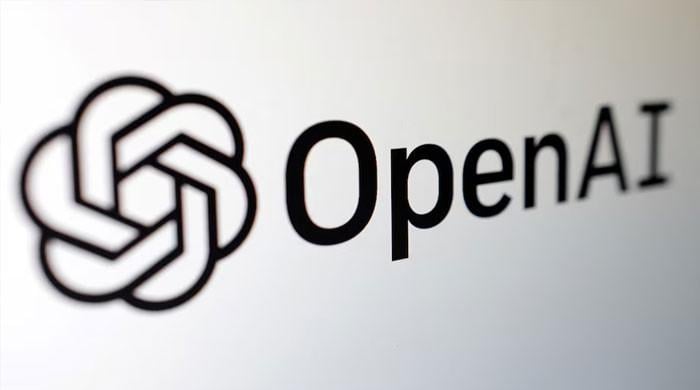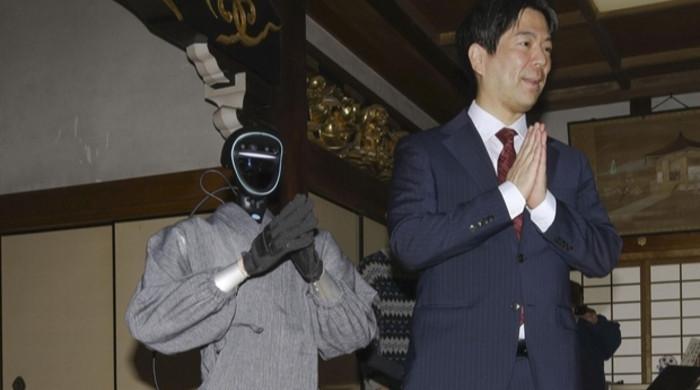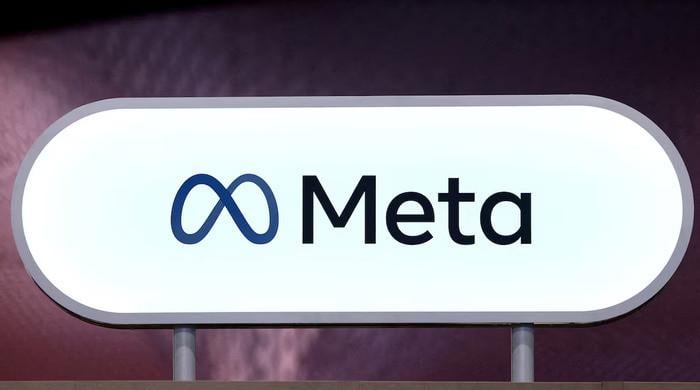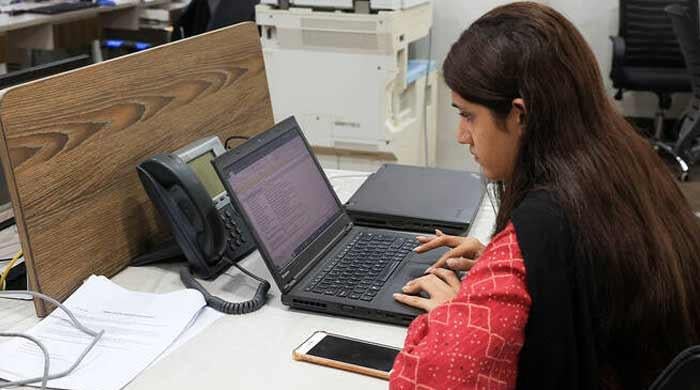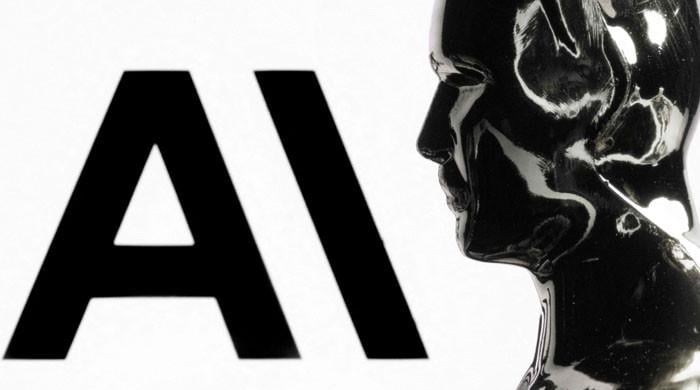AI might be smarter at distributing wealth than humans
Scientists develop AI that can calculate and share human-preferred outcomes related to wealth distribution
September 10, 2022

New research suggests that artificial intelligence (AI) can come up with better methods of distributing wealth as compared to human beings.
UK-based AI company DeepMind showed that machine learning systems could help with social problems.
Their team of researchers found that AI could derive methods to develop a fairer, more prosperous society.
The concept of building a machine that understands human values is called "value alignment" in AI studies. However, the task is challenging because of the variety of opinions humans have.
"One key hurdle for value alignment is that human society admits a plurality of views, making it unclear to whose preferences AI should align," researchers explained.
Machines can actually help solve this issue.
For example, "economists are often at loggerheads over which mechanisms will make our societies function most fairly or efficiently," said lead author Raphael Koster.
Scientists have now developed AI that can calculate and share the best human-preferred outcomes that are hypothetically fairer.
"In AI research, there is a growing realization that (we need) to build human-compatible systems," the authors said.
Researchers believe that new research methods are required that allow more interaction between humans and machine agents.
In experiments that included thousands of human participants, an AI agent called Democratic AI scrutinised an investment exercise, public goods game.
In the game, players receive different amounts of money, which they can contribute to public funds and then draw a return.
Through three traditional models — strict egalitarian, libertarian, and liberal egalitarian — wealth was redistributed to players.
A new fourth method was tested, which was developed via deep reinforcement learning. It was called Human-Centered Redistribution Mechanism (HCRM).
In order to imitate human behaviour, data from human and virtual players was used to develop the method.
The findings from the experiments, reported in Nature Human Behaviour, were insightful for researchers.
"The AI discovered a mechanism that redressed initial wealth imbalance, sanctioned free riders, and successfully won the majority vote," researchers noted.
"We showed that it is possible to harness for value alignment the same democratic tools for achieving consensus that is used in the human society to elect representatives, decide public policy, or make legal judgements."





